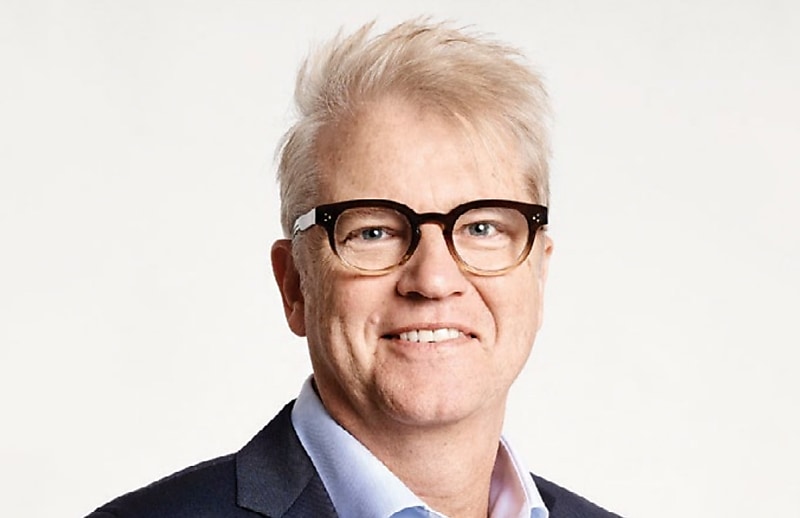‘Cut red tape and boost tech’: SME community needs support, revival
BusinessThe government must focus on providing increased support to struggling small businesses, enabling them to invest, bolster and leverage their potential.

CPA Australia says it believes the government should commit to reducing regulatory burdens and costs for small businesses by adopting a “tell us once” compliance model as part of its reform.
At the Small Business Roundtable last Thursday (24 July) with Dr Anne Aly, Minister for Small Business, provided three top priorities for the government to administer in a move to supplement the small business community.
The three priorities focused on regulatory reforms, supporting small business investment in tech and entrepreneurial encouragement, which would help the Albanese government boost productivity and growth, according to Chris Freeland, chief executive of CPA Australia.
Having contributed to the roundtable, Freeland noted that supporting investment in technology and fostering a culture of young entrepreneurship would be key to revitalising small business productivity and stimulating economic growth.
Freeland said CPA’s first proposal for a “tell us once” compliance model, part of regulatory reforms, epitomised a problem that needed to be addressed.
“Enabling businesses and individuals to report information once and have it shared across relevant and approved government agencies was not only efficient, but would remove a major compliance headache for many small businesses on the front line of current inefficient processes.”
“Though this would require investment in systems and processes, it would reduce duplication and improve both government and business efficiency. It would be a long-term investment in supporting business growth through a reduction in unnecessary red tape and provide evidence of the government’s commitment to make doing business easier.”
In addition, the accounting body proposed providing increased support to small businesses to help them invest and leverage new digital technologies.
Freeland said this should be a priority of the government and recommended modelling this after Singapore, as it had adopted successful SME digitalisation measures.
The Singaporean government had provided a “perfect case study” in how to boost small business growth through digital adoption with an approach that combined generous grants to invest in approved technologies, access to training and advice to improve digital literacy.
Freeland said many small business owners often lacked the time, resources and expertise needed to invest in and implement new technologies, including AI, that could help them grow.
“CPA Australia’s annual Asia-Pacific Small Business Survey consistently finds that Australian small businesses adopt technology at slower rates than their counterparts across the region, which negatively impacts their performance.”
“CPA Australia research shows a correlation between these measures and increased technology adoption among Singaporean SMEs, with outcomes set to improve as the benefits of the investment pay off in the years to come.”
The third priority proposed by CPA at the roundtable was the establishment of a “comprehensive strategy to encourage and enable young Australians to start and grow a business of their own”.
The body said a move like this from the government would harness and encourage the “entrepreneurial instinct” of many young Australians.
This proposal was suggested with a national campaign idea to promote the benefits of business ownership to younger Australians to align with motivators such as independence, work-life balance and personal passions.
“Australia has a disproportionately low number of young business owners. This contributes towards the sector’s lower rates of growth, job creation, innovation, technology adoption and export activity compared with other small businesses in the Asia-Pacific region,” Freeland said.
“To address this, the government should invest in business management training, resources and advice targeted at young Australians, focusing on common challenges for those new to business including irregular income, cash flow, business uncertainty and customer acquisition and retention.”




